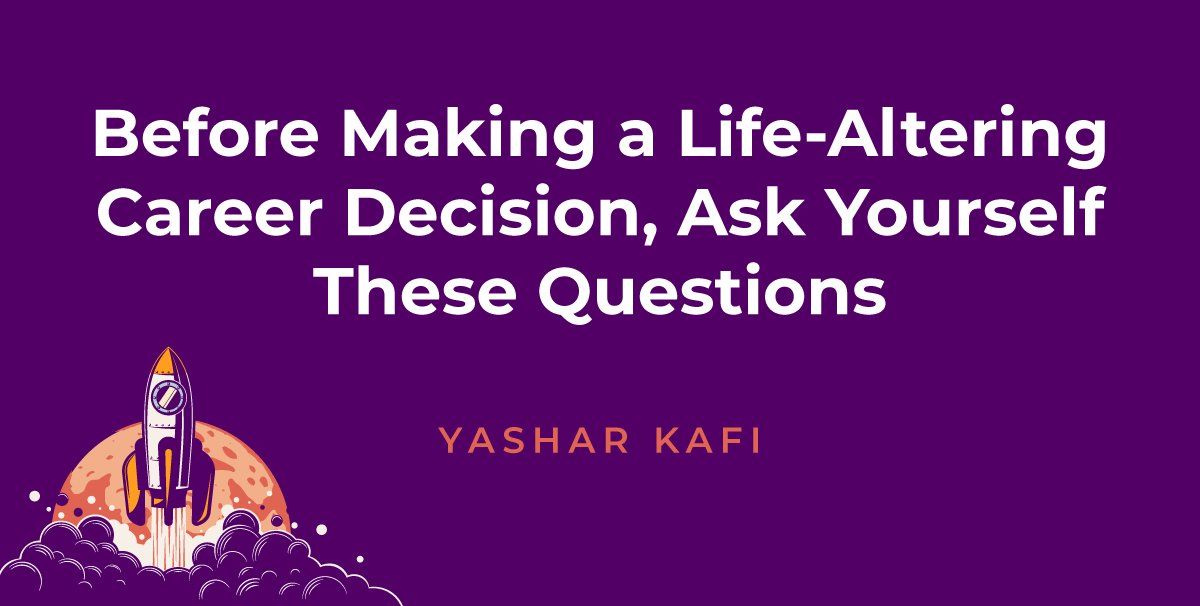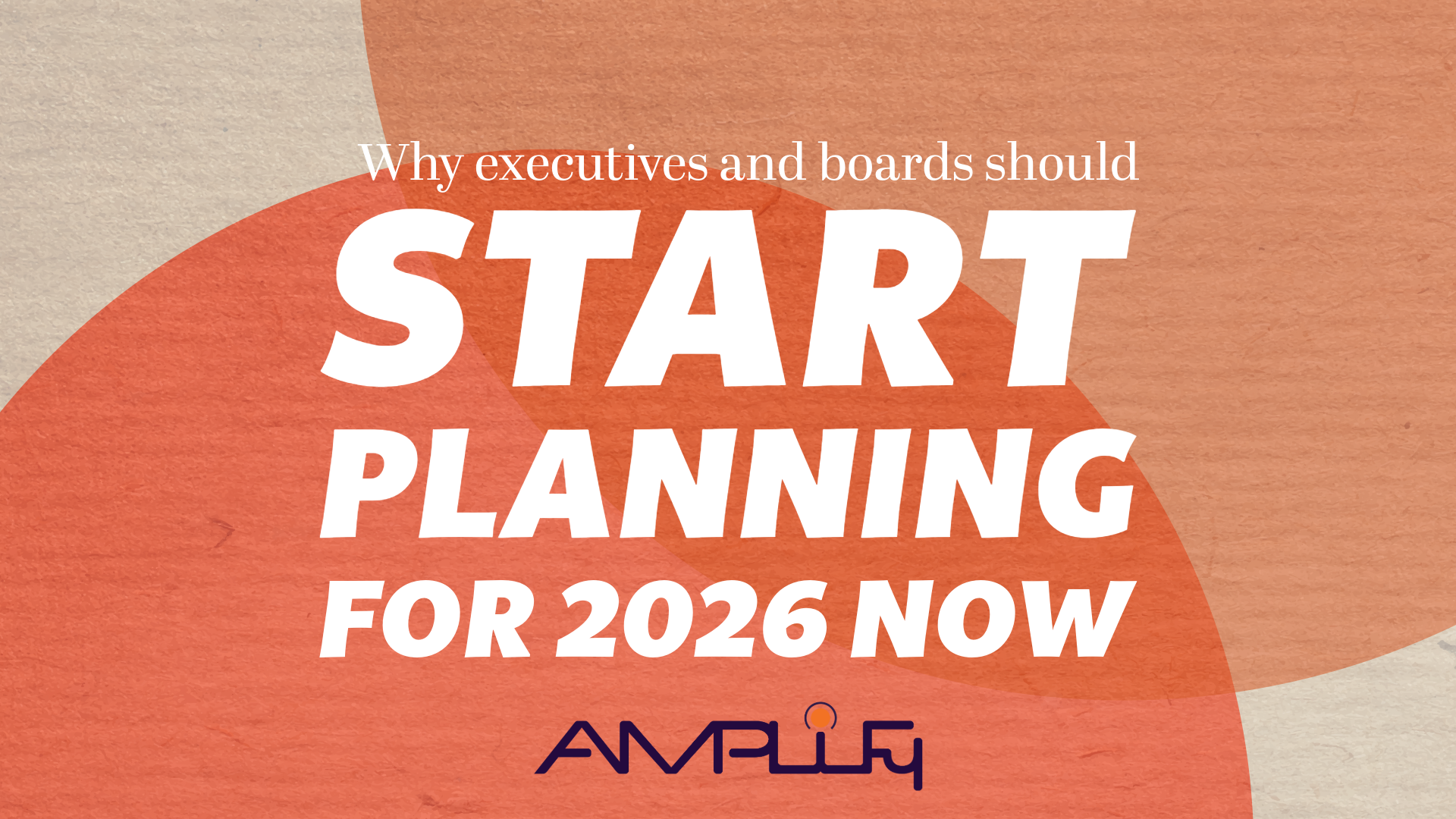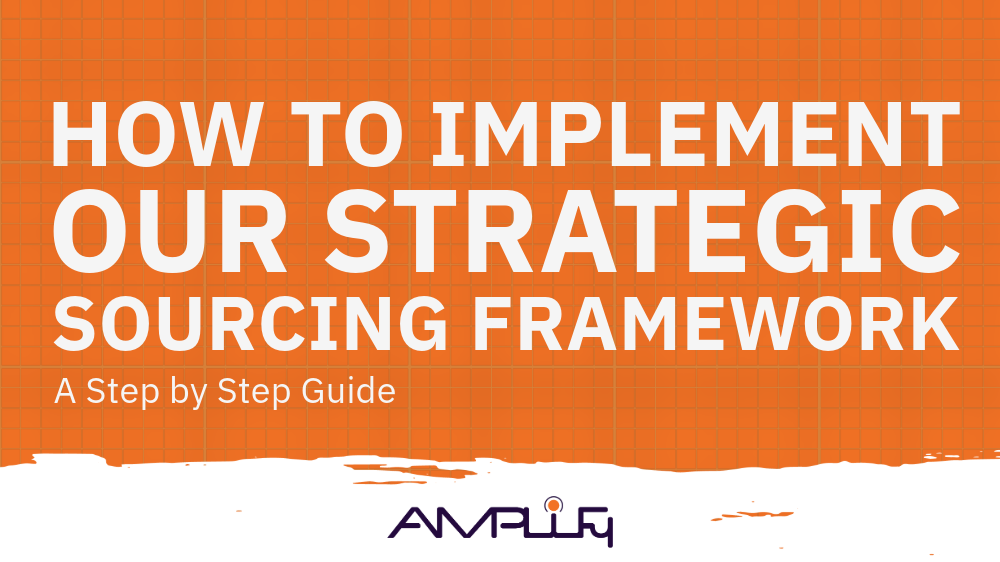Before Making a Life-Altering Career Decision, Ask Yourself These Questions
In this three-part series focusing on starting a business with a partner, we’ve already covered a lot of ground. We’ve discussed the questions you should ask when contemplating going into business with someone else, as well as what you should think about before leaping to hire someone. But what about the questions we should ask ourselves?
Question 1: Is Money the Most Important Thing?
Let’s face it: Money makes the world go round, and everybody needs it. It is necessary for our very survival! Yet far too many of us place greater importance and value on money and financial wealth—often to the detriment of so many other critical areas of our lives. You probably either know someone (or are that someone) who has a high-paying corporate job, but one that takes over everything else in their life, including family time and self-care, everything. At some point, that person (or you) will have to decide what that lucrative job is worth to you. If the tradeoff is worth it, that’s great. But you have to be brutally honest with yourself and clarify your highest priority when making such huge choices about your career.
Question 2: Does This Company Align With My Internal Core Values?
Sometimes money just isn’t a big enough selling point for taking a position within a company. Ideally, you want to accept a role that strongly aligns with your core values. We all want to have a passion for—and to be proud of—what we do in life. If a company ethos isn’t in tune with your fundamental beliefs, or if you cannot muster up the excitement for the product that drives you to carry out your daily duties there, it’s a pretty clear sign that this job isn’t the right fit.
Question 3: Are You Passionate About This Role?
As simple as this may sound, you might be surprised—shocked even—at how few people ask themselves this question when considering taking a position. Do you even want to do this job? What you want matters. Your desires matter. Your passions matter Never sell yourself short by settling for a role that doesn’t fulfill you and help you reach your goals in the long run.
Question 4: Is There An Opportunity To Grow and Learn?
Have you ever felt stuck in a job where you felt as if you had reached the end of the road and gone as far as you possibly could with it? It can be an awful, demoralizing feeling. Avoid this pitfall by preemptively asking yourself this very question about potential growth. Then take a hard look at the possibilities for learning that this position will—or will not—give you.
Question 5: Why Do I Want This Job?
Ask yourself why you want to do this job is critical. Knowing your motives for picking a particular career can prove invaluable. You may be surprised at what this simple query exposes in your heart—and how it illuminates and clarifies for you whether or not this is the role you should be seeking, versus the job you just think you should have at this stage in your life and career.
There are no “right” answers, but your unique and individual responses to these personal questions can help you find your answers.




